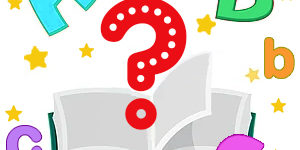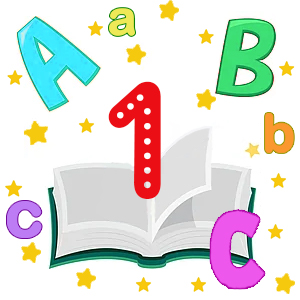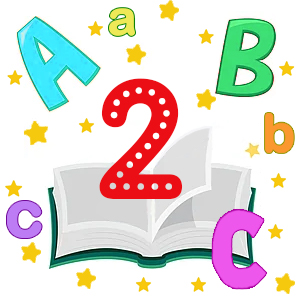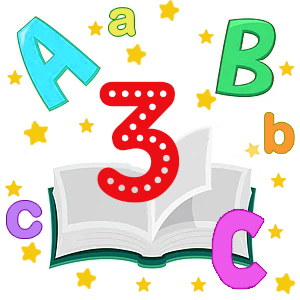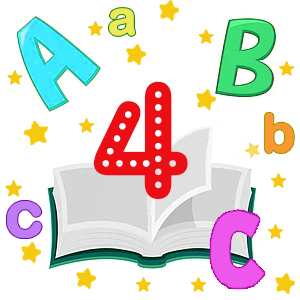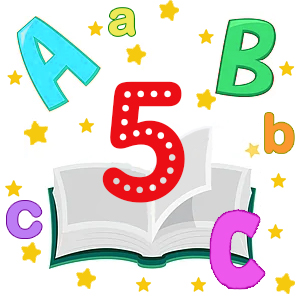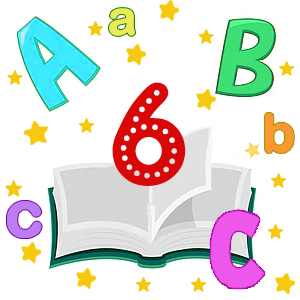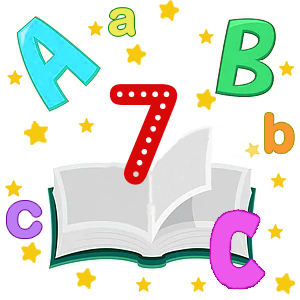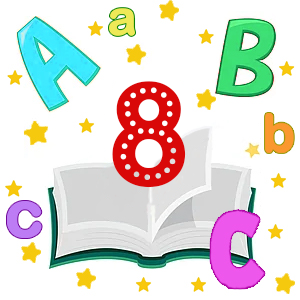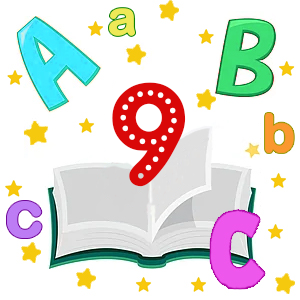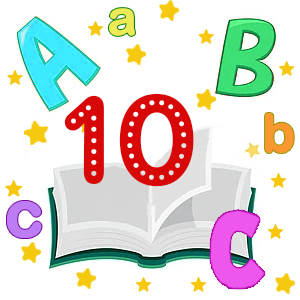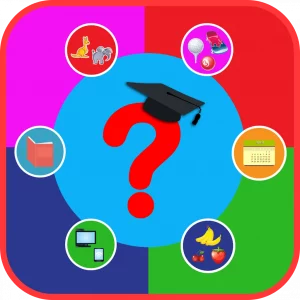Fun Alphabet Quiz Games for Kids
Trivia Games Online (TGO) offers an exciting range of alphabet quiz games for your little ones to understand the alphabets better. Get ready for some exciting trivia quizzes to refresh your mind along with fun learning. Try out the fantastic quizzes today.
Guess the correct option and answer the question to increase your points and try hard until you succeed in scoring 100% points. Each level progresses slowly, and kids get to learn so much about alphabets. Start from basic levels and try to score maximum points until you reach the end of the quiz.
The free alphabet quiz is available on any PC, iOS, or Android device without costing you a single penny. Yes! You read that right. Not only that, but the free online alphabet games for kids are easily accessible from any part of the world in the comfort of your house.
Fun alphabet quizzes for kids are educational games designed to help young children learn the letters of the alphabet and develop critical pre-reading skills. These quizzes typically involve children identifying letters of the alphabet and matching them to objects that begin with that letter.
This Online Alphabet Quiz Games for kids helps them better understand written English, which eventually forms a strong foundation of vocabulary. This online alphabet quiz is best for kids, as well as for parents and teachers who are looking for some fun ways to introduce kids to alphabet. Let your kids avail this fantastic opportunity to test their skills, learn some interesting facts, or simply prepare for upcoming tests.
So get excited and try out the free online alphabet games for kindergarten today! We wish you happy learning, kids!
ABC games are educational games designed to help young children learn their ABCs, or the alphabets. These games typically involve children identifying letters of the alphabet and matching them to objects that begin with that letter. They are a fun and engaging way for kids to learn ABCs and develop important pre-reading skills.
Online Alphabet tracing games are educational games designed to help young children learn how to write the letters of the alphabet. These games typically involve children using a finger or pencil to trace over the letters of the alphabet, either on a physical worksheet or on a digital screen. The aim of the game is to help children develop their fine motor skills and learn the correct formation of each letter.
Some alphabet tracing games may also include activities such as matching the letters to objects that begin with that letter, or arranging the letters to spell out simple words. These games are a fun and engaging way for kids to practice their writing skills and improve their familiarity with the alphabet.
5 Easy Ways to Teach the Alphabet to Preschoolers
- Use flashcards: Write each letter of the alphabet on a flashcard and have your child hold up the card whenever you say the corresponding letter. You can also use flashcards with pictures of objects that begin with the target letter to make the activity more interactive.
- Play alphabet games: There are many fun alphabet games that preschoolers can play to learn their letters. For example, you can hide alphabet blocks around the house and have your child search for them, or you can play a matching game where they have to match the letters to the objects that begin with them.
- Use hands-on activities: Preschoolers learn best through hands-on experiences, so try incorporating tactile activities into your alphabet lessons. For example, you can have your child trace letters in sand or use playdough to form the letters with their hands.
- Read alphabet books: There are many great alphabet books for preschoolers that can help them learn their letters. Choose books with colorful illustrations and simple text that your child can easily follow along with. Reading together can also be a bonding experience for you and your child.
- Use everyday objects: One easy way to teach the alphabet to preschoolers is to use everyday objects that begin with the target letter. For example, you can hold up a banana and say “B is for banana,” or a cup and say “C is for cup.” This can help your child make connections between the letters and the objects they encounter in their daily life.

